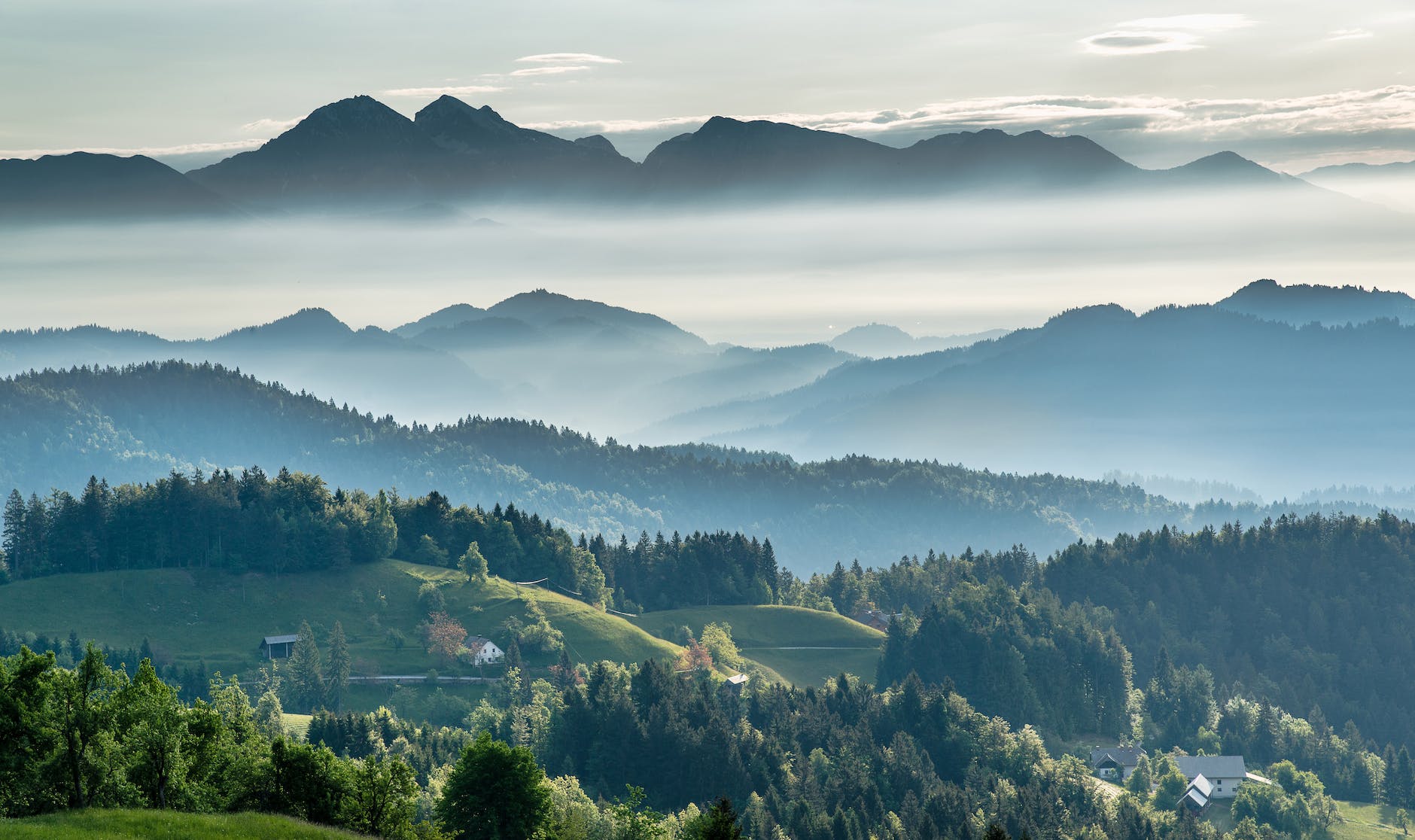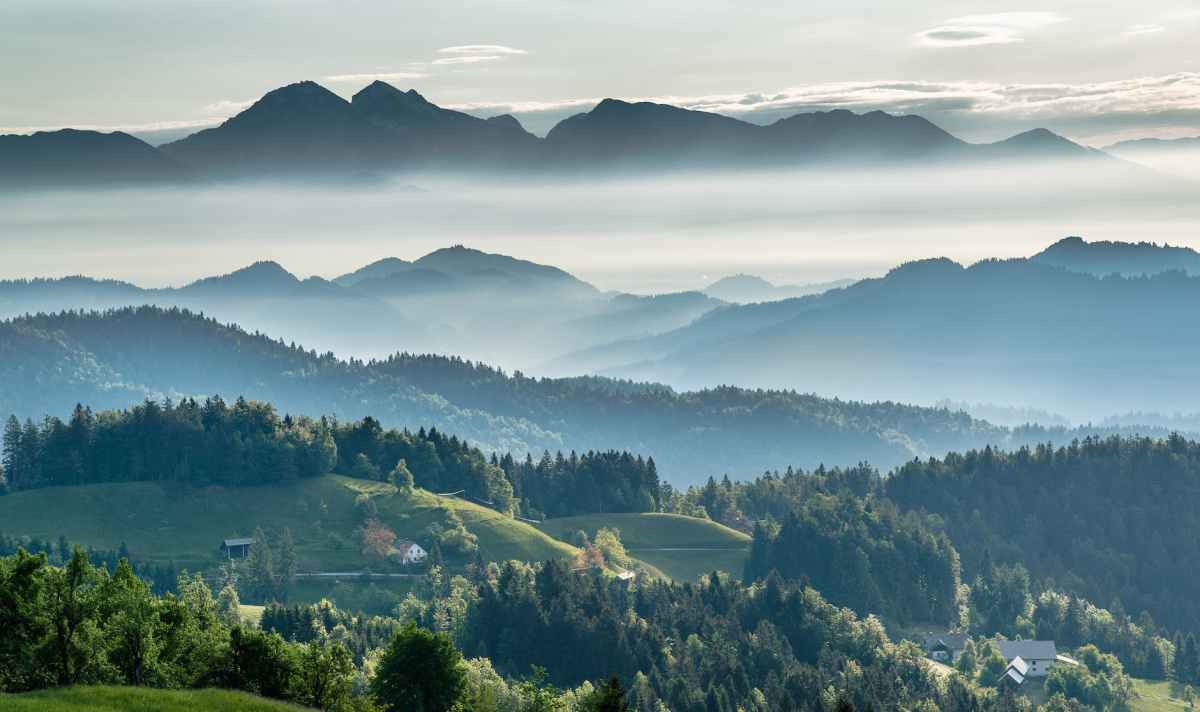Slovenia is a country that prides itself on green diversity, rich nature, and plentiful animal species. It uses its natural diversity to promote tourism, trade, and investment. As one of the few countries worldwide, it has placed the protection of nature at the center of the constitutional system. It constitutionally protects natural heritage, the right to a healthy environment, and drinkable water. The Slovenian authorities have, in the past years, adopted different soft law legal documents in the area of environment and climate change, such as the Resolution on the Slovenian Climate Long-term Strategy 2050 (Resolution, 2021) and the Integrated National Energy and Climate Plan (Plan, 2023). At the same time, politicians in the incumbent governments have been full of words and promises of how they will propel the green transition. Beyond normative frameworks, protecting a healthy and clean environment meets daily challenges in practice.

Early this year, the Special Rapporteur for Human Rights and Environment published a report from his visit to Slovenia (Boyd, 2023). Like other regional and international organizations, the report found a profound discrepancy between normative commitments and legal obligations and their implementation in practice (ibid). Nonetheless, Boyd’s report goes further. It, for example, informs that almost a thousand persons prematurely die annually due to the adverse impacts of climate change (ibid, para. 48). It explains how the state authorities have been captured by political and economic interests, which have gained precedence before the right to a healthy, safe, and clean environment. It tells the story of how state authorities need to catch up in coordinating mitigation and adaptation measures. It explains how the Slovenian capital has been one of the European cities with the lowest air quality (IQAir, 2023).. Boyd also highlights that the country is one of the Member States with the lowest percentage of renewable energy in the European Union (Boyd, 2023, para 38). He concludes, ” Slovenia deserves credit for leading the world in recognizing the right to a healthy environment. However, it is essential that all States breathe life into these inspiring words by enacting and implementing strong, rights-based environmental laws, policies and programmes« (para. 99). He calls the Slovenian authorities to address »…some of the urgent challenges identified in the present report related to cleaning up pollution hotspots and ensuring safe drinking water, clean air and a safe climate« (ibid).
As the Slovenian authorities have failed to comply fully with the climate change commitments, it is one of the states against which Portuguese children and young adults have brought applications under the European Convention on Human Rights (Duarte Agostinho and Others v. Portugal and Others). On the other hand, some parts of the private sector have taken leadership in conducting human rights and environmental due diligence. Conversely, many businesses oppose further regulations protecting human rights and climate change.
The floods in August shocked Slovenian society but did not bring about positive change in ensuring a clean and healthy environment. Measures adopted so far have been scattered and piecemeal. In practice, state and public authorities need to take a more coherent and efficient approach towards environmental protection. Environment protection relates to the rule of law, the presence of corruption, and the presence of a conflict of interest. The Boyd’s does not reveal anything new for those who have highlighted the Slovenian state’s failure to implement the commitment to the Paris Climate Change Agreement (2015). Respect for and internalization of the right to a safe, healthy, and clean environment are internal for the survival of Slovenia’s current and subsequent generations. They condition the enjoyment of civil, political, and socio-economic rights on respect for the environment and fight against climate change. A paradigm change is needed in state and public administration, business, and society. Companies should be encouraged and lead by example in redefining business models. Individuals should prioritize the protection of the environment through human dignity by changes in daily practices. There is a necessity for a paradigm change at all levels of society, not only in state and public institutions. Nonetheless, state and public authorities should lead by example in leading by examples in areas of Slovenian society.
First published in Dignitas, Slovene Journal of Human Rights, no. 98, 5-7.
BIBLIOGRAPHY AND SOURCES
Individual publications
David Boyd, Visit to Slovenia – Report of the Special Rapporteur on the issue of human rights obligations relating to the enjoyment of a safe, clean, healthy and sustainable environment, A/HRC/52/33/Add.2, 4 January 2023.
Online sources
IQAIR, Air Quality in Ljubljana, https://www.iqair.com/slovenia/osrednjeslovenska/ljubljana
Jurisprudence
European Court of Human Rights, Duarte Agostinho and Others v. Portugal and Others – 39371/20.
Legal sources
Integrated National Energy and Climate Plan (Plan, 2023), Government of the Republic of Slovenia, 35400-18/2019/22, 28 February 2020.
Paris Agreement to the United Nations Framework Convention on Climate Change, 12 December 2015, T.I.A.S. No. 16-1104.
Resolution on the Slovenian climate long-term strategy 2050 (Official Journal of the Republic of Slovenia, no. 119/21 in 44/22 – ZVO-2).
